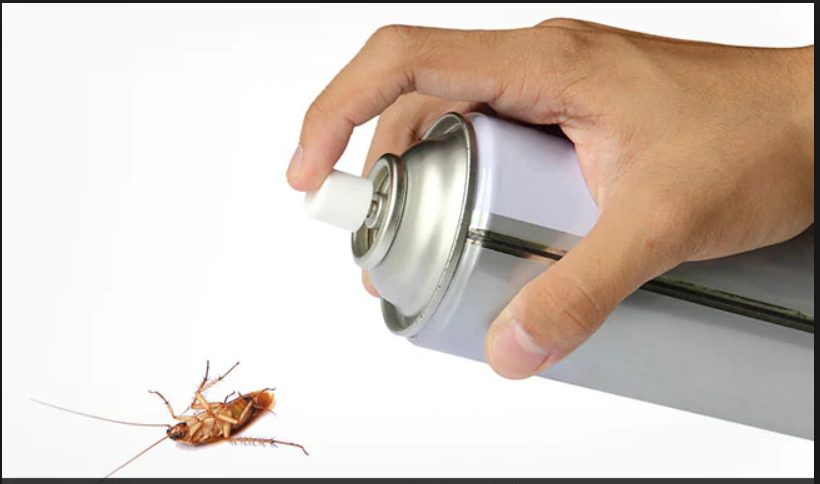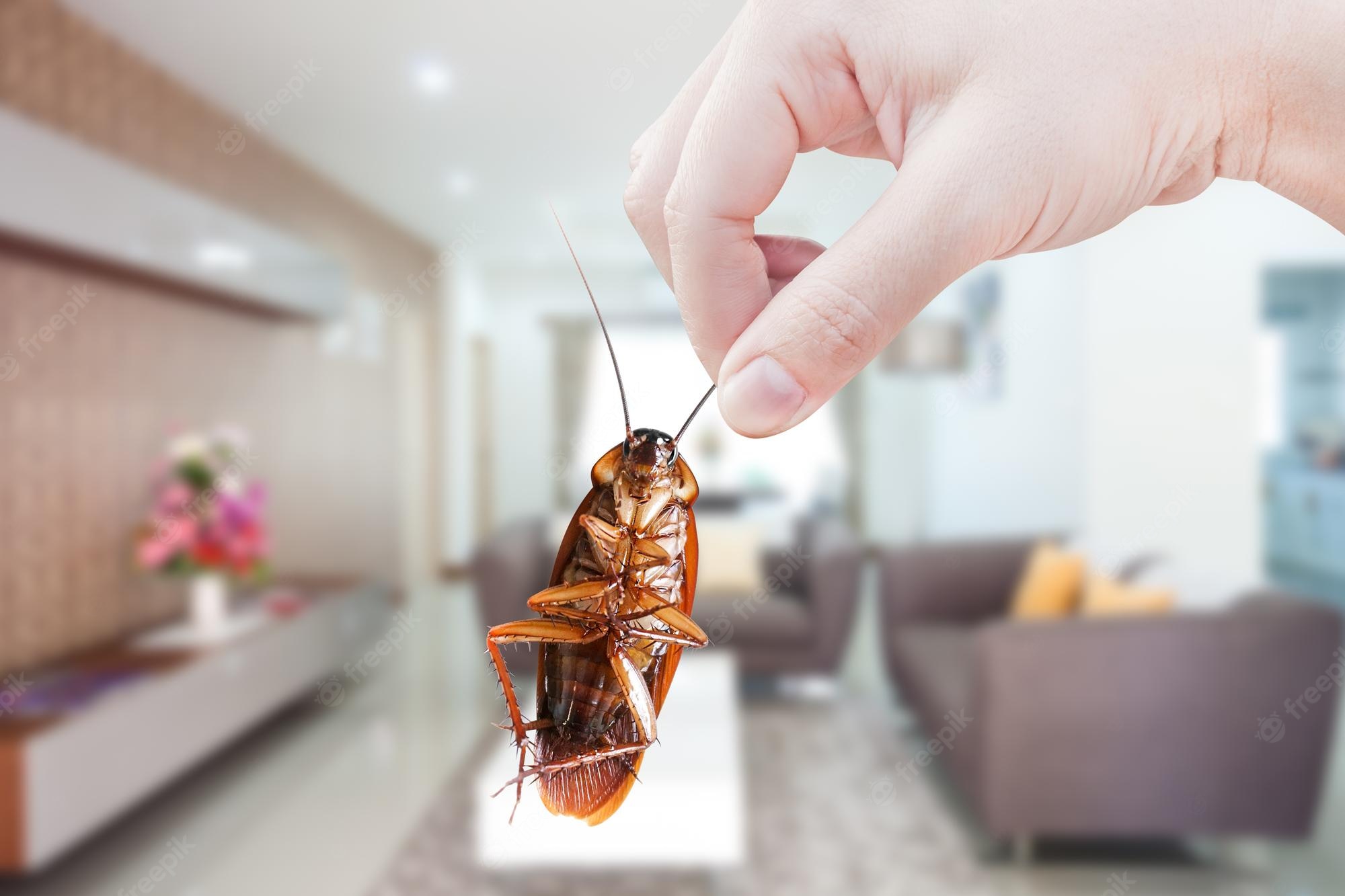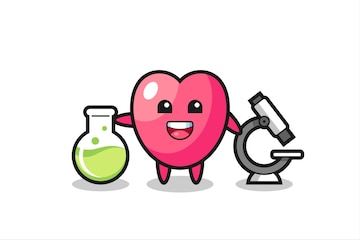Food Addiction Quiz
Whether you struggle with your weight or not, take this food addiction quiz to find out if it might be affecting you in some way. Eating disorders are also very common among those who have a distorted view on food and its importance in life.
Food addiction is a serious condition that can lead to an unhealthy relationship with food and an unbalanced lifestyle. If you suspect that you or someone you know might have food addiction, take this quiz to find out. If you answer yes to three or more of these questions, it could indicate a problem with food.
Don’t panic – your answers don’t mean you have an eating disorder or are a bad person – they just indicate that some thought needs to be given to your relationship with food and how it affects your life.
Key Takeaways from This Food Addiction Quiz
Question 1: You find it difficult to stop eating certain foods, even when you’re not hungry.
When you feel like you need to eat something that you wouldn’t normally eat, this could be a sign of food addiction. When people with certain eating disorders feel depressed, they often eat more to help them feel better. This is a compulsion and a sign of food addiction.
Question 2: You feel an intense desire for food at specific times of the day, like after dinner or in the afternoon.
If you feel like you need to eat specific foods at certain times of day – regardless of your appetite or what’s available – you may have a food addiction. When people with eating disorders have a regular “diet,” they often stay on it for many months or years.
Question 3: You eat much more during meals than others who are of similar age and weight.
If you find that you’re eating a lot more than your peers, this could be a sign of food addiction, especially if you’re not trying to gain weight. The amount of food someone eats is one of the best predictors of whether or not they have an eating disorder.
Question 4: You continue to eat even when you’re full and don’t enjoy your meals.
If you continue to eat even though you’re full, you may want to seek help. Eating until you’re uncomfortably full is a common symptom of eating disorders. Eating until your plate is clean is normal.
Question 5: Food is the only thing that makes you feel better when you’re sad or stressed.
When you only feel better after eating a certain food, it may be an indication of a food addiction or an eating disorder. Eating less often, but eating more each time you do eat, can lead to weight gain.
Question 6: You go out of your way to get food when you’re not hungry (e.g., drive-throughs, buying food while shopping).
When you find yourself trying to satisfy a craving when you’re not hungry, it could be a sign of a food addiction. If you’re eating again and again to try to satisfy a craving and you’re not gaining weight, that’s normal and healthy.
Question 7: You constantly crave certain types of food regardless of whether they’re healthy or not.
When you crave specific foods regardless of whether they’re healthy or not, that could be a sign of a food addiction. People with eating disorders often crave foods like ice cream, chips, or sweets.
Question 8: There are certain times when you feel compelled to eat even though you don’t want to (e.g., evening snacks, weeknight dinners).
If you feel like you have to eat at specific times of the day, you may have a food addiction. People with eating disorders often feel the need to eat even though they aren’t hungry or aren’t on a regular meal schedule.
Question 9: When fasting (e.g., on a diet), you have strong cravings and often break your fast early because it’s too difficult to resist those cravings.
This is a very common experience among people who fast. If you’re constantly craving food and ending your fast early because you can’t resist those cravings, it may be a sign that you have a food addiction.
Conclusion
If you find yourself nodding along to most of these questions, it may be time to seek professional help. The stigma of being seen as “weak” or “unable to control yourself” can be difficult to overcome. However, it’s important to remember that this is a very common problem – and one that is treatable. The sooner you seek help, the better your outcome will likely be.









